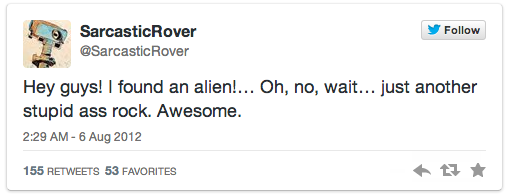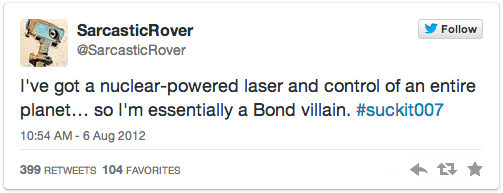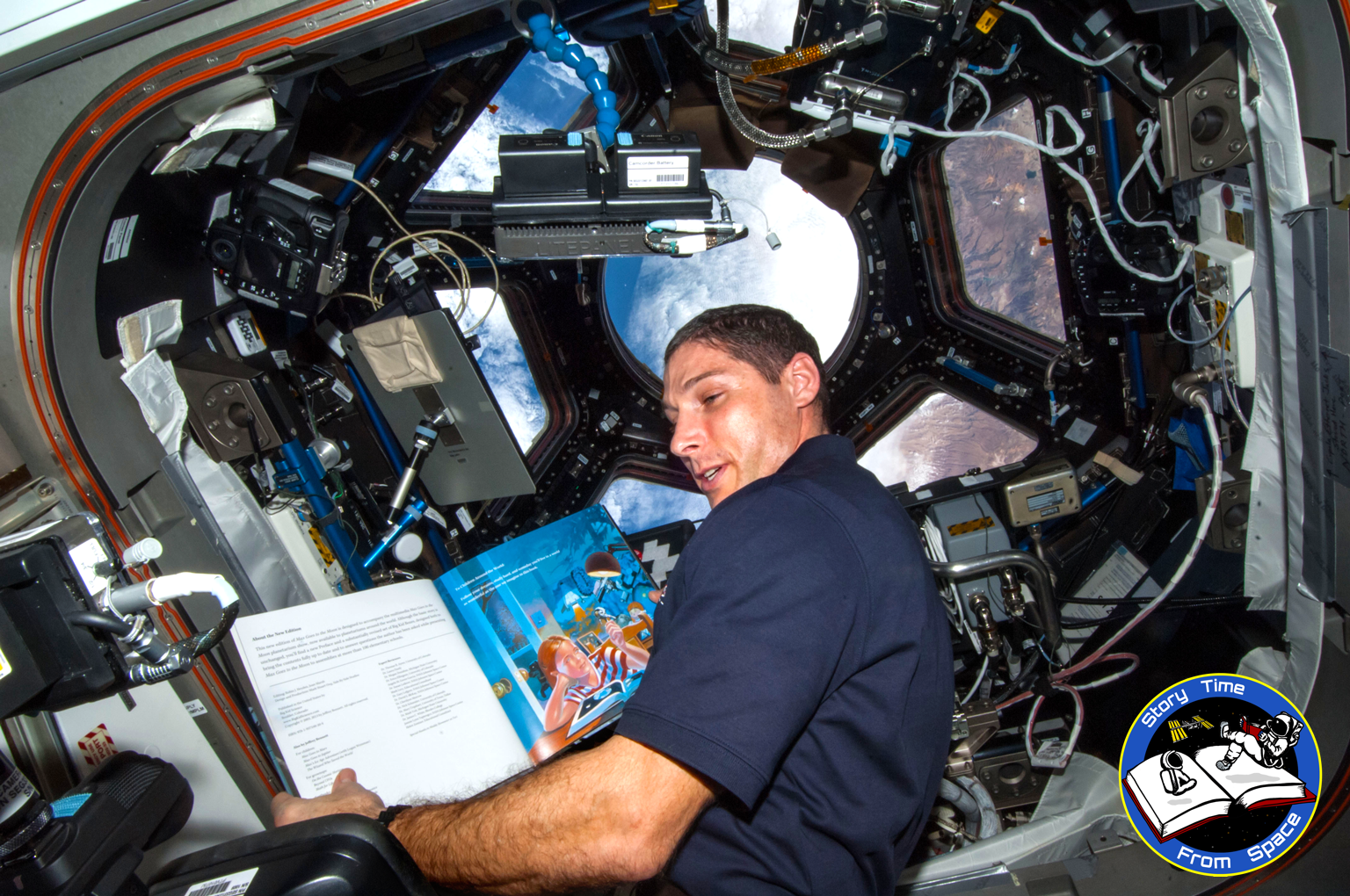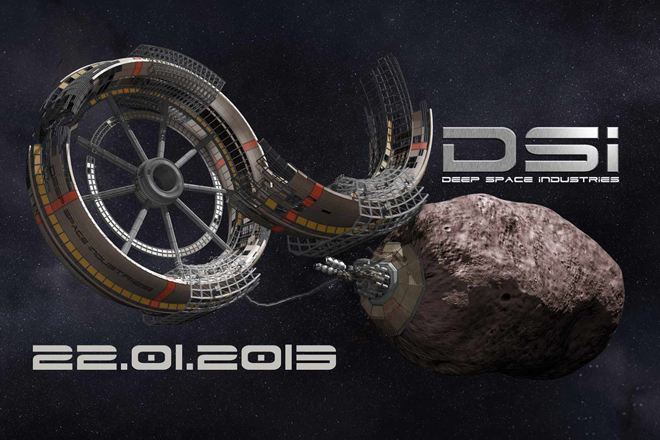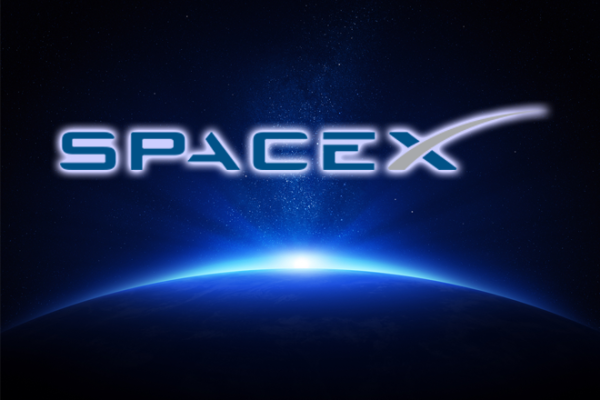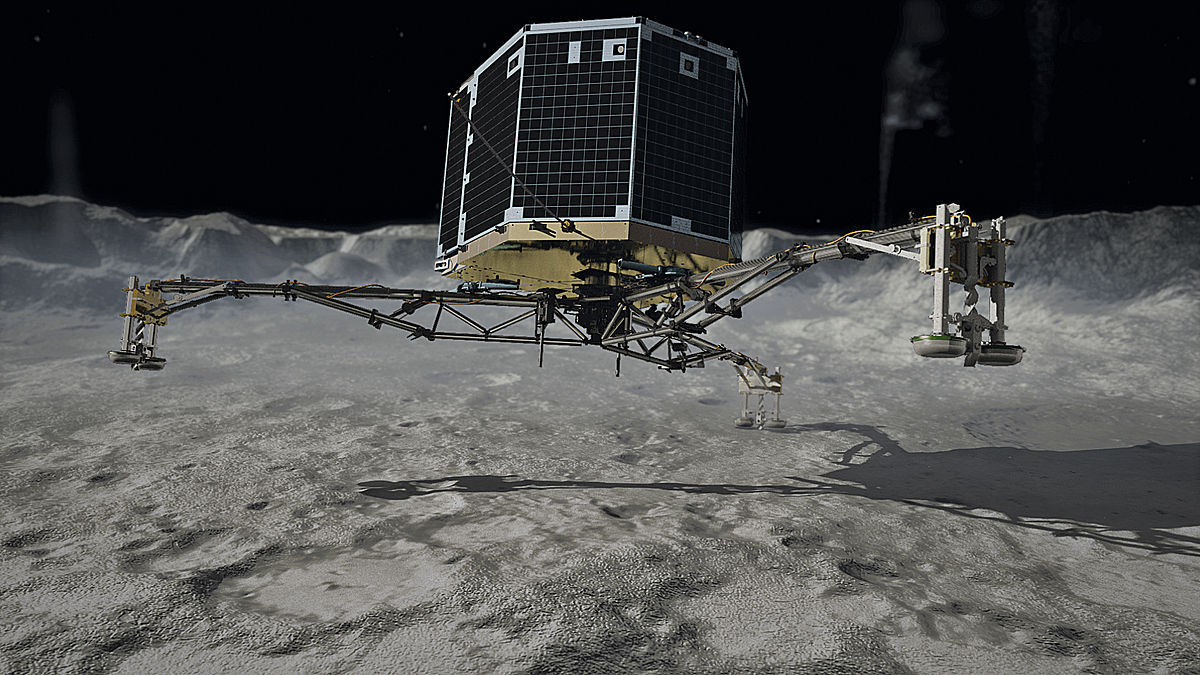
The European Space Agency's Rosetta mission has made successful contact with the 67P Comet. The lander itself is named after an Egyptian island, Philae, where a rare obelisk containing Greek was found that was used - in conjunction with the Rosetta Stone - to decipher ancient Egyptian hieroglyphics.
It now appears this scientific venture is living up to its namesake by helping humanity learn about a much older mystery: the composition of comets and the conditions of the early solar system.
Touchdown! My new address: 67P! #CometLanding
— Philae Lander (@Philae2014) November 12, 2014
While today's victory clearly belongs to the scientific community and to all of humanity, it is also big news for Planetary Resources, the asteroid mining company. Imagine the new economic and exploratory possibilities:
1.) Rocket fuel up could be extracted from asteroids, rather than shipped up from the surface of Earth.
2.) Mining asteroids could open access to vast quantities of precious metals such as platinum.
3.) Combining the first two concepts could open up manufacturing in space using both energy and raw materials sourced outside of Earth's gravitational field.




